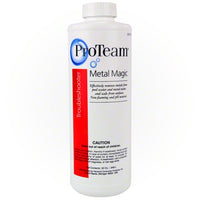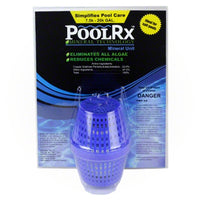Common Misconceptions About Swimming Pools
A recent survey conducted by Healthy Pools magazine has revealed some interesting truths about swimming and a few common misconceptions about swimming pools.
For instance, after a particularly long and cold 2014 winter, people are looking forward to swimming as a means to shake a nasty case of cabin fever; 37% of those surveyed called it the one activity they are looking forward to the most. In fact, one in three Americans said they’ve experienced the worst cabin fever in a decade, even more significantly by people living in the Midwest and Northeast.
Other summer activities those surveyed said they looked forward for include “gardening” (24%) and “hiking,” “biking,” and “camping” (12-15%).
It’s hard to argue that anything rings in the summer season better than a nice, long day beside the pool. Much of the country has experienced a cool spring which has likely pushed back lots of people’s pool opening plans, heightening their anticipation for a swim.
Chris Wiant, Ph.D., and chair of the Water Quality and Health Council says, “Swimming is a perfect cure for anyone suffering from an especially bad case of cabin fever this year. We can stand to reap plenty of other benefits from swimming, too.”
The Healthy Pools survey showed that many people aren’t as conscious of the great benefits one can get from swimming and actually have lots of misconceptions, particularly in regard to chlorinated pool water.
For instance, one in five Americans believes (incorrectly) that swimming in a chlorinated pool will aggravate someone with asthma. According to Dr. Ralph Morris of the Water Quality and Health Council, that’s just not true.
“As long as the pool is properly maintained, swimming is a great activity for people with asthma.” That’s the key—the chemistry in the water should be correctly balanced. Morris goes on to talk about the rest of the health benefits of swimming: “Swimming can also improve cardiovascular health, increase strength and flexibility, enhance motor skills, and help manage weight. It’s fun and it opens up a whole world of safe, water-based recreation.”
What are some other common pool misconceptions?
How about that chlorine causes green hair? This is something that two in five who took the survey believe; this is absolutely untrue. It’s actually oxidized metals in the water, often that have been stripped from aging piping or gas-heaters that get deposited in the shaft of the hair that turns it that color. For additional tips, be sure to read our pool hair care post.
Another one that 73% of Americans believe to be true is that chlorine irritates eyes while swimming. The reality is that red, irritated eyes are caused by chloramines, a grouping of chemicals that form when chlorine combines with substances brought in the pool by swimmers (sweat, body oils, and urine).
It all really comes down to properly maintaining pool chemistry. Michele Hlavsa, chief of the Healthy Swimming Program at the US Centers of Disease Control emphasizes that point. “Proper pool chemistry is key to healthy swimming.” So how do we as swimmers make sure we don’t harm either our own or someone else’s experience?
“Swimmers can do their part to stop chloramines from forming in the first place by showering before swimming and not peeing in the pool. We also encourage swimmers to check chlorine levels and pH with pool test strips before getting in the pool,” Hlavsa suggests.






Leave a Comment